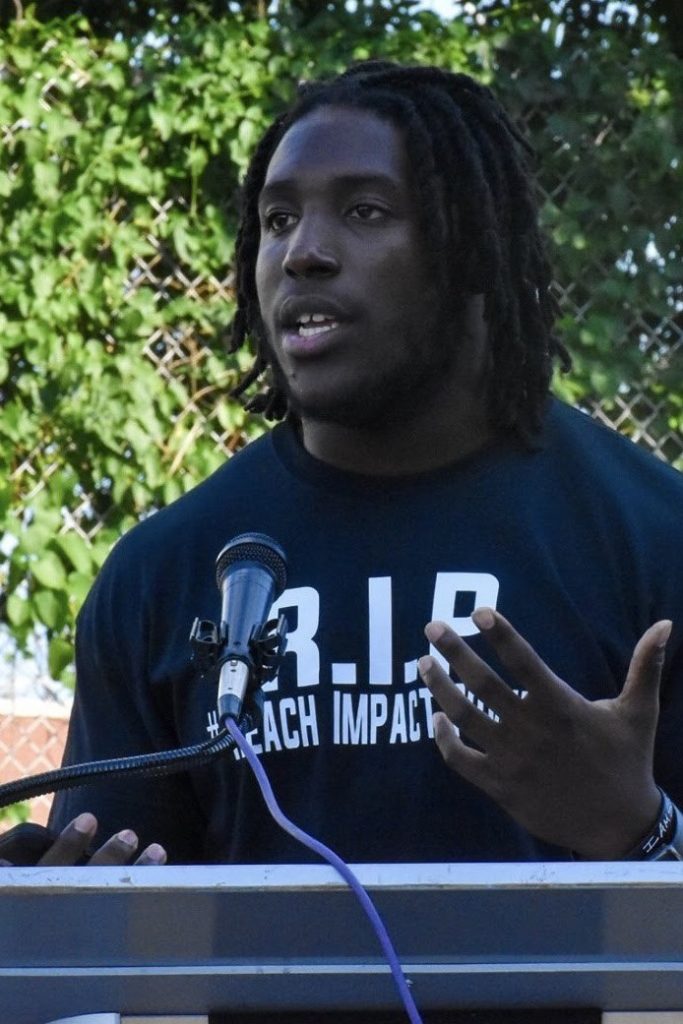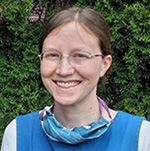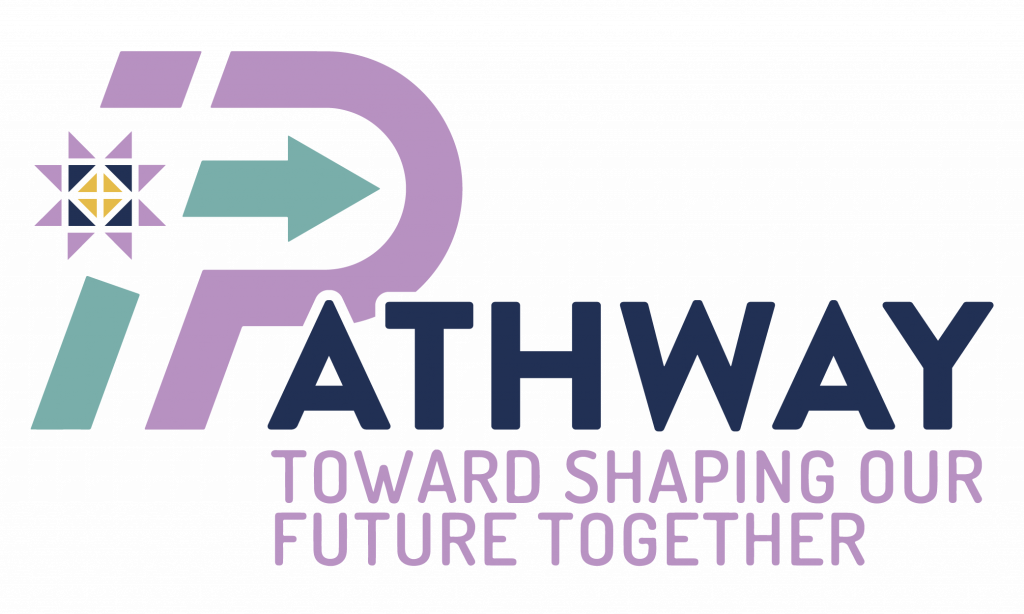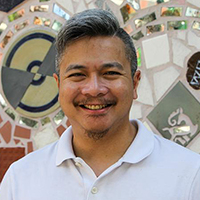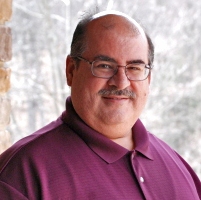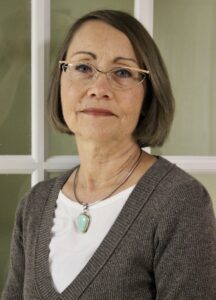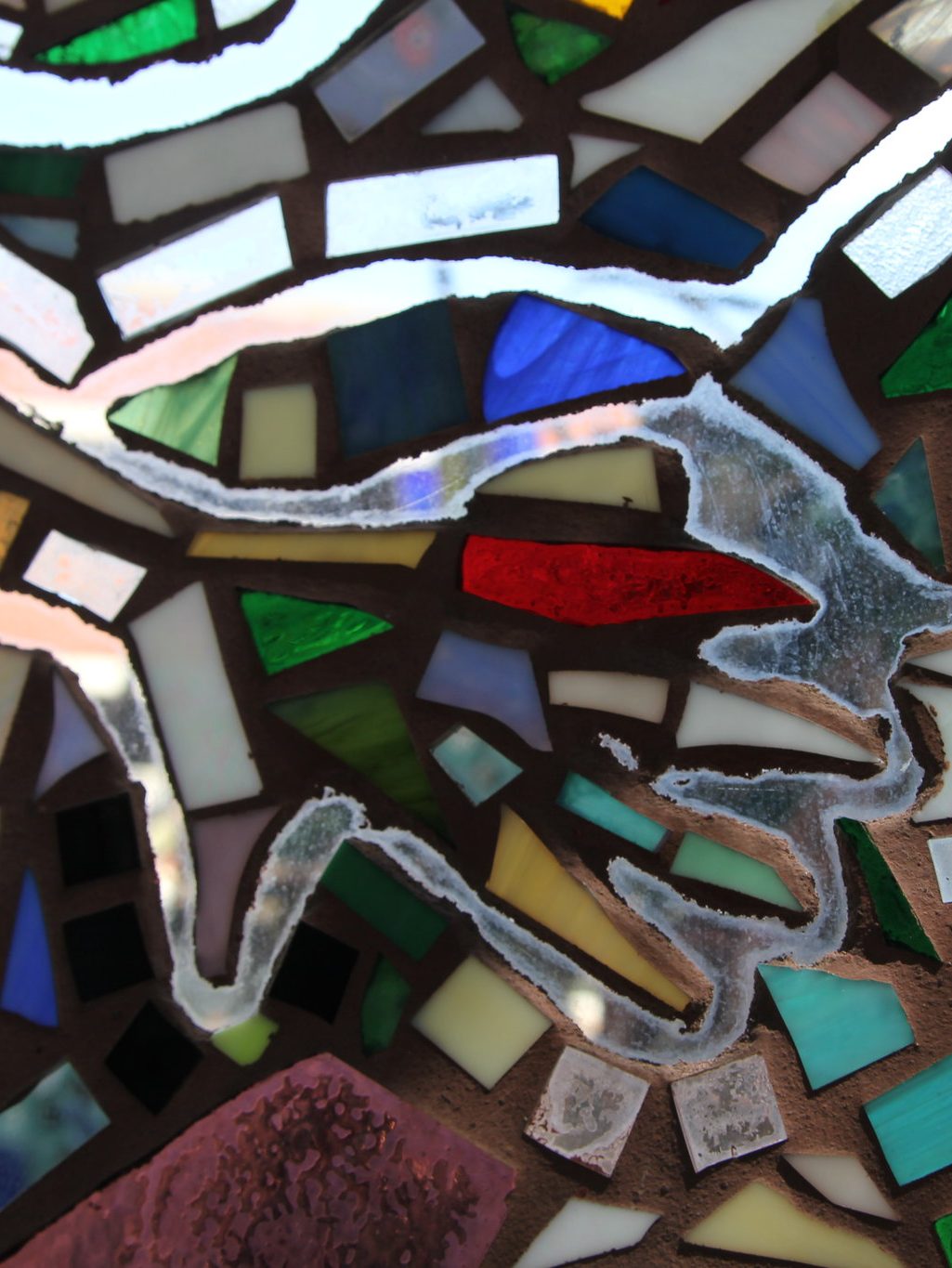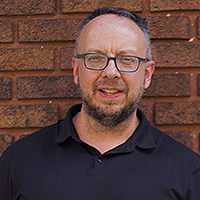In response to a recommendation of the Listening Task Force, Mosaic moderator Ken Burkholder (Souderton [PA] congregation), incoming moderator Angela Moyer Walter (Ripple congregation [Allentown, PA]), and incoming assistant moderator Roy Williams (College Hill congregation [Tampa, FL]) sent a letter to the Executive Board of Mennonite Church USA (MC USA). The letter was initially shared with Jon Carlson, the assistant moderator of the MC USA Executive Board, and Michelle Dula, a member of the MC USA board, at an in-person meeting on November 15.
The letter shared words of affirmation and gratitude for gifts Mosaic Conference has received from participation in Mennonite Church USA. It also described some of the challenges the conference has experienced in the rapid growth of recent years and identified areas where the conference could work on improving its relationships with the wider church community.
The letter expressed the unease that has increased in Mosaic Conference in response to the Mennonite Church USA special delegate session in Kansas City in May, including discomfort with both the process and content of the Resolution for Repentance and Transformation. It shared the decision of Mosaic delegates to engage in a two-year discernment process and articulated some of the reasons that members of the conference desire to reconsider affiliation with the denomination.
Finally, the letter committed to staying in relationship with the staff, board, and other members of Mennonite Church USA during the discernment process and requested that the Executive Board and staff also walk alongside the conference until a decision has been made.
After receiving the letter, Carlson and Dula then distributed it to the rest of the MC USA Executive Board. In response, the Executive Board invited Burkholder, Moyer Walter, and Williams to attend their January meeting for further conversation.

